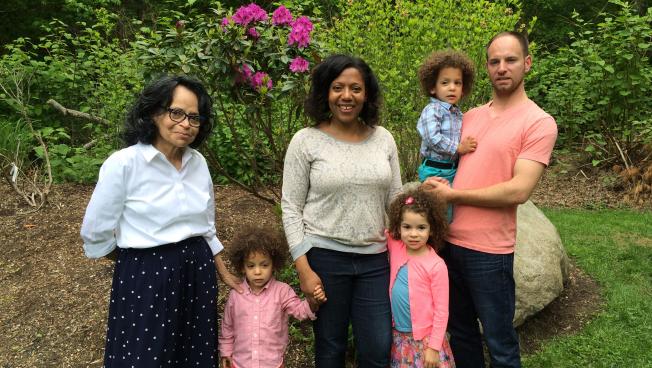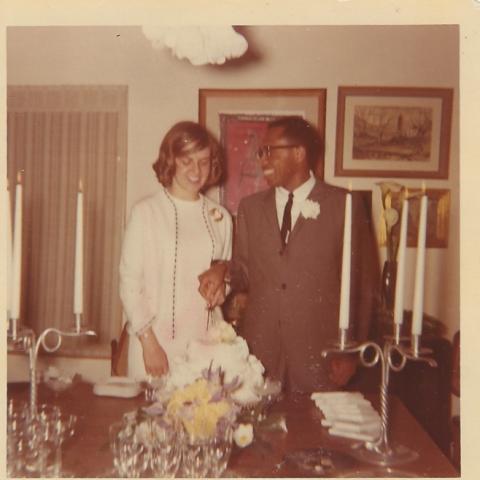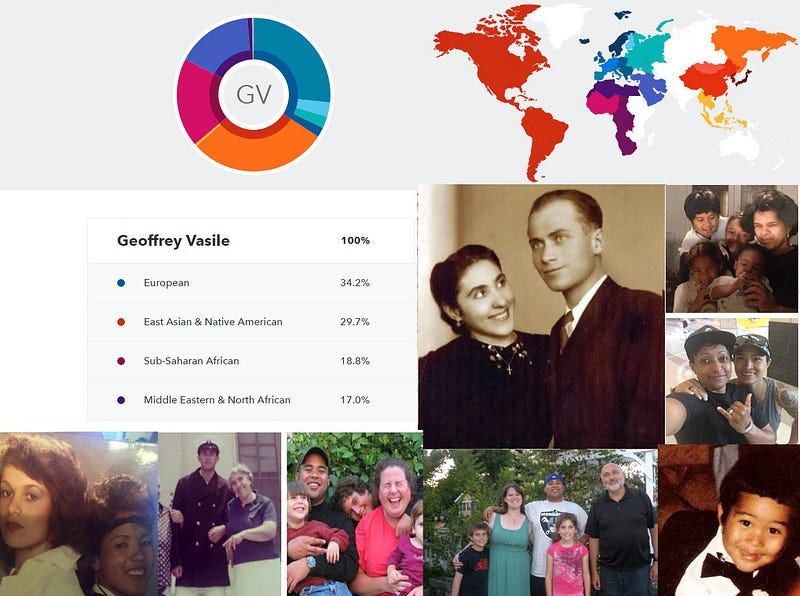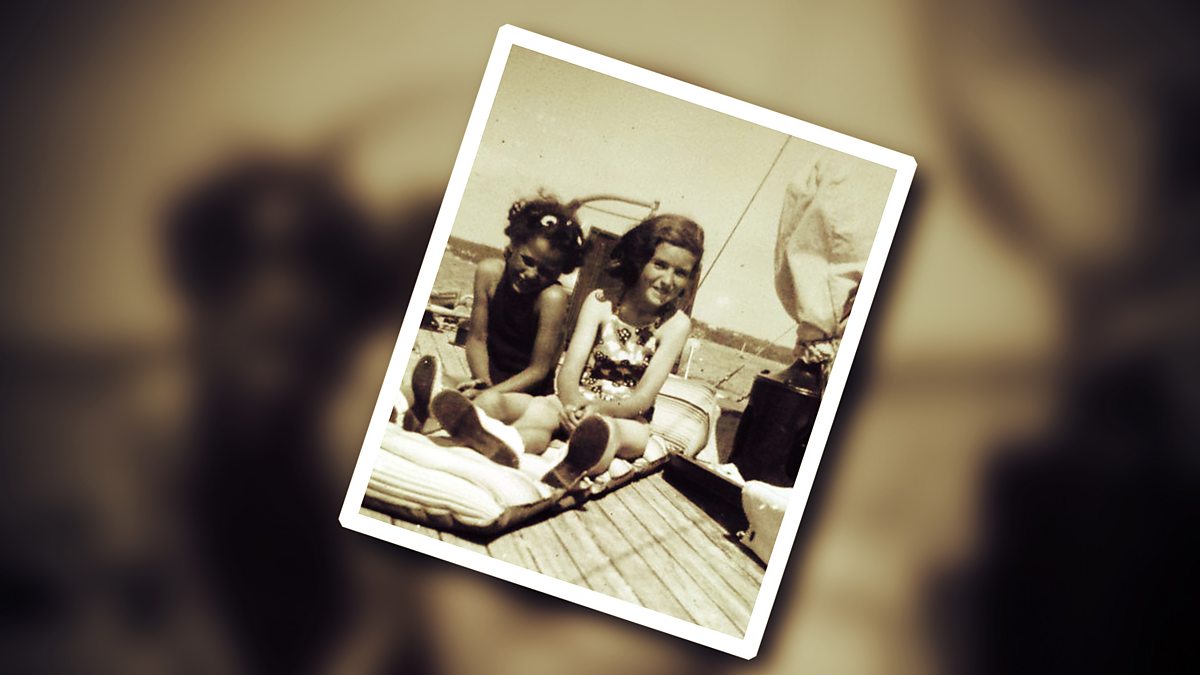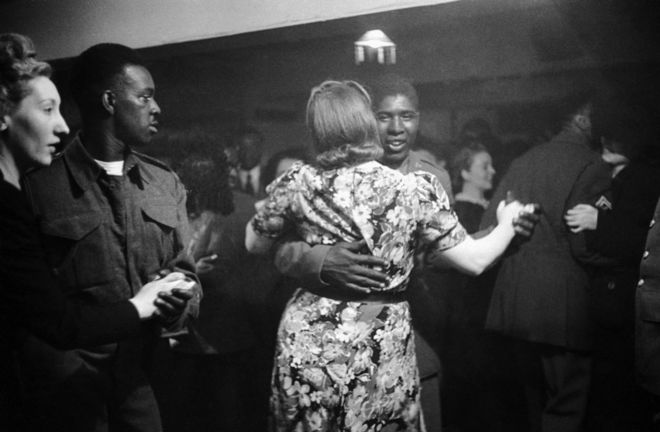Navigating my way through mixed race identityPosted in Articles, Autobiography, Identity Development/Psychology, Media Archive, Oceania on 2017-06-27 13:35Z by Steven |
Navigating my way through mixed race identity
news.com.au
Surry Hills, New South Wales, Australia
2017-06-27
 Carolyn Cage pictured as a newborn with her dad Ray and her mum Doreen. Picture: Carolyn Cage |
IF THERE were an algorithm that could formulate a person’s most asked question, mine would be “what are you?” Society has a habit of labelling people like soup cans in a kitchen and for as long as I can remember, one of the first questions people ask during initial conversation is usually in relation to my racial ambiguity.
Replying with “I am Australian” only ever leads to “but what are you really?” Learning how to tolerate ignorance and pass it off as curiosity, I take a deep breath and pull out the pie chart. I was born in Australia, but my mother originates from Malaysia and is of Chinese heritage. My father is of Anglo background, mixed with German and Belgium descent but was born in Sydney.
The responses tend to be generic ranging from how exotic that is, how adorable mixed babies are or how I am the spitting image of their other mixed raced friend. Accepting that it is intended as a compliment, at the same time it is dehumanising and reduces my identity to some sort of novelty. Most of the time it leaves me unscathed, but the more I am asked “what am I”, the more of a hindrance it becomes…
Read the entire article here.
